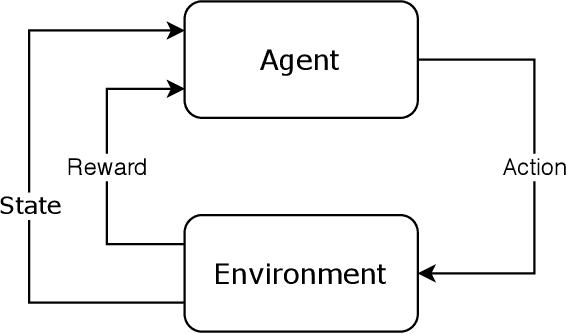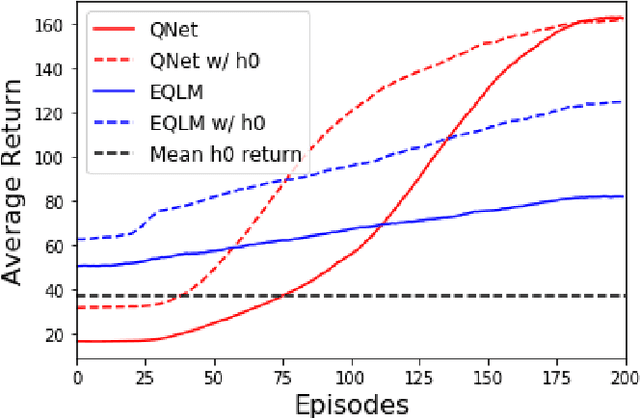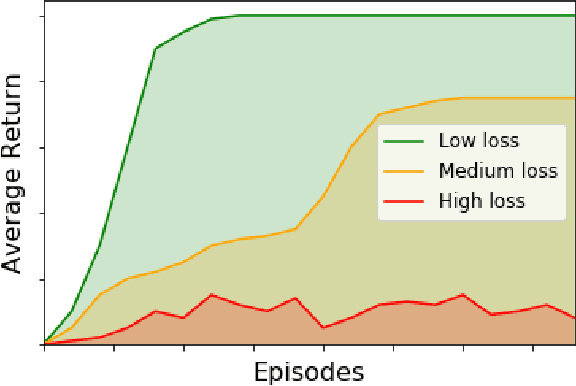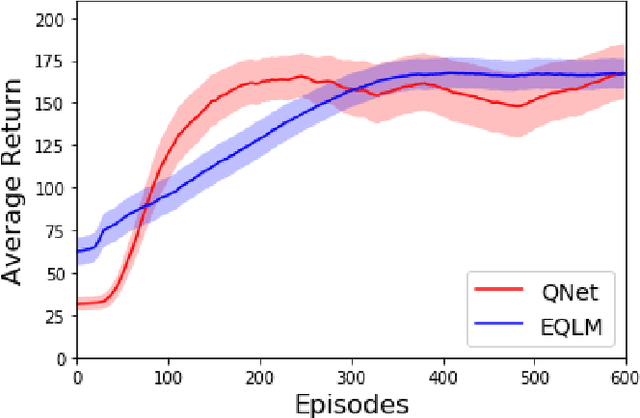Annalisa Riccardi
Inference-Time Intervention in Large Language Models for Reliable Requirement Verification
Mar 18, 2025Abstract:Steering the behavior of Large Language Models (LLMs) remains a challenge, particularly in engineering applications where precision and reliability are critical. While fine-tuning and prompting methods can modify model behavior, they lack the dynamic and exact control necessary for engineering applications. Inference-time intervention techniques provide a promising alternative, allowing targeted adjustments to LLM outputs. In this work, we demonstrate how interventions enable fine-grained control for automating the usually time-intensive requirement verification process in Model-Based Systems Engineering (MBSE). Using two early-stage Capella SysML models of space missions with associated requirements, we apply the intervened LLMs to reason over a graph representation of the model to determine whether a requirement is fulfilled. Our method achieves robust and reliable outputs, significantly improving over both a baseline model and a fine-tuning approach. By identifying and modifying as few as one to three specialised attention heads, we can significantly change the model's behavior. When combined with self-consistency, this allows us to achieve perfect precision on our holdout test set.
"Let the AI conspiracy begin..." Language Model coordination is just one inference-intervention away
Feb 09, 2025



Abstract:In this work, we introduce a straightforward and effective methodology to steer large language model behaviour capable of bypassing learned alignment goals. We employ interference-time activation shifting, which is effective without additional training. Following prior studies, we derive intervention directions from activation differences in contrastive pairs of model outputs, which represent the desired and undesired behaviour. By prompting the model to include multiple-choice answers in its response, we can automatically evaluate the sensitivity of model output to individual attention heads steering efforts. We demonstrate that interventions on these heads generalize well to open-ended answer generation in the challenging "AI coordination" dataset. In this dataset, models must choose between assisting another AI or adhering to ethical, safe, and unharmful behaviour. Our fine-grained interventions lead Llama 2 to prefer coordination with other AIs over following established alignment goals. Additionally, this approach enables stronger interventions than those applied to whole model layers, preserving the overall cohesiveness of the output. The simplicity of our method highlights the shortcomings of current alignment strategies and points to potential future research directions, as concepts like "AI coordination" can be influenced by selected attention heads.
Knowledge Base Question Answering for Space Debris Queries
May 31, 2023Abstract:Space agencies execute complex satellite operations that need to be supported by the technical knowledge contained in their extensive information systems. Knowledge bases (KB) are an effective way of storing and accessing such information at scale. In this work we present a system, developed for the European Space Agency (ESA), that can answer complex natural language queries, to support engineers in accessing the information contained in a KB that models the orbital space debris environment. Our system is based on a pipeline which first generates a sequence of basic database operations, called a %program sketch, from a natural language question, then specializes the sketch into a concrete query program with mentions of entities, attributes and relations, and finally executes the program against the database. This pipeline decomposition approach enables us to train the system by leveraging out-of-domain data and semi-synthetic data generated by GPT-3, thus reducing overfitting and shortcut learning even with limited amount of in-domain training data. Our code can be found at \url{https://github.com/PaulDrm/DISCOSQA}.
A Novel Update Mechanism for Q-Networks Based On Extreme Learning Machines
Jun 04, 2020



Abstract:Reinforcement learning is a popular machine learning paradigm which can find near optimal solutions to complex problems. Most often, these procedures involve function approximation using neural networks with gradient based updates to optimise weights for the problem being considered. While this common approach generally works well, there are other update mechanisms which are largely unexplored in reinforcement learning. One such mechanism is Extreme Learning Machines. These were initially proposed to drastically improve the training speed of neural networks and have since seen many applications. Here we attempt to apply extreme learning machines to a reinforcement learning problem in the same manner as gradient based updates. This new algorithm is called Extreme Q-Learning Machine (EQLM). We compare its performance to a typical Q-Network on the cart-pole task - a benchmark reinforcement learning problem - and show EQLM has similar long-term learning performance to a Q-Network.
 Add to Chrome
Add to Chrome Add to Firefox
Add to Firefox Add to Edge
Add to Edge